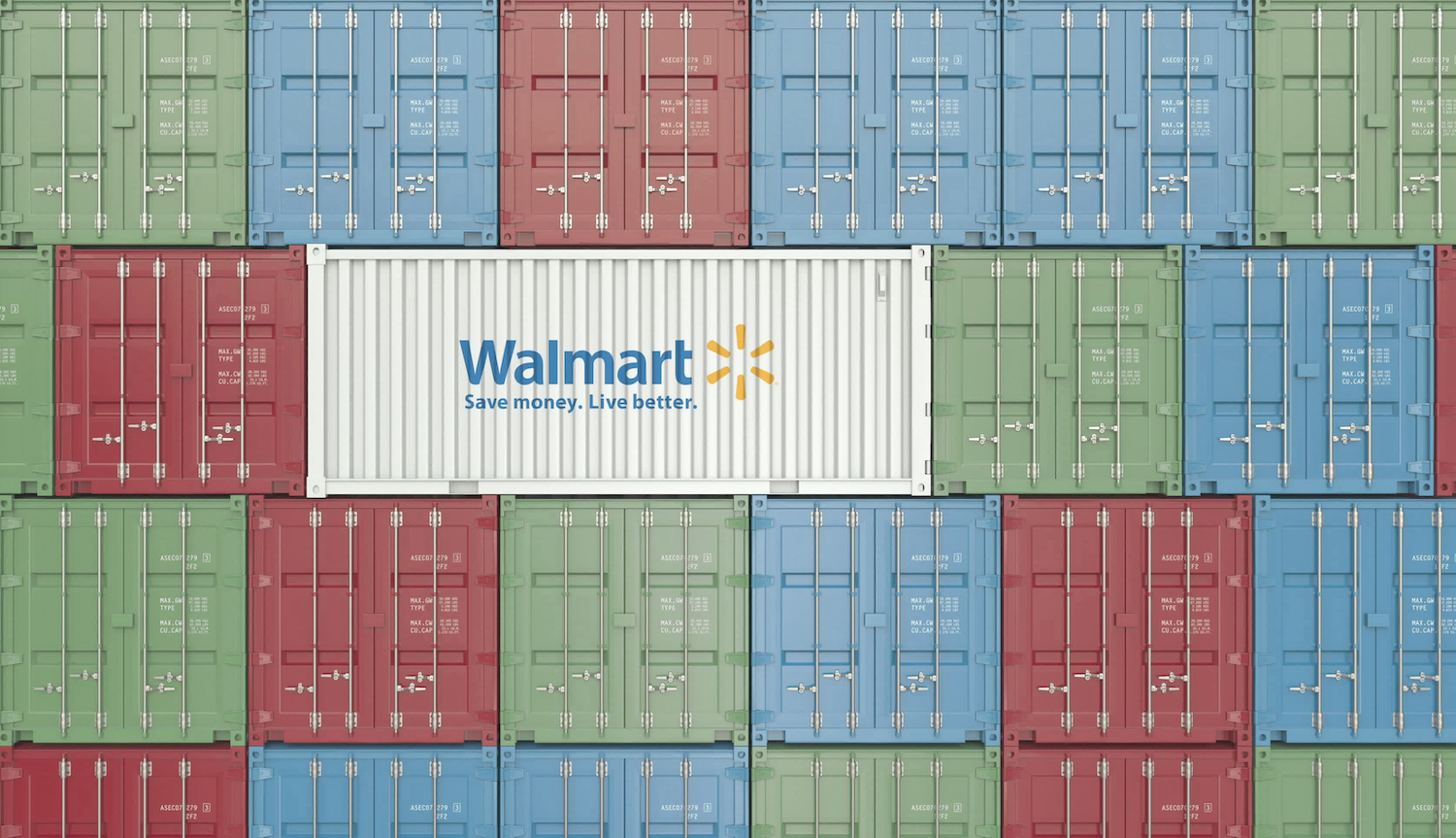ImpactAlpha, Feb. 7 – From tech giants to global retailers, corporations are rewarding executives and suppliers for delivering on environmental, social and governance, or ESG, goals. At least 20% of companies on the S&P 500 now link compensation to ESG performance.
Such practices are an example of a shift from “thinking of ESG as just a reporting exercise, to realizing it’s a code book for operating in ways that align with emerging standards and regulations,” says Duke University’s Cathy Clark.
On ImpactAlpha’s Call tomorrow, Walmart’s Brendan Morrissey and Salesforce’s Sunya Norman will join Clark to walk through a four-step process that any organization can follow to operationalize its ESG goals using the practices of impact management, tomorrow Mar. 8, at 10am PT / 1pm ET / 6pm London (Last chance to RSVP).
Executive pay
Salesforce, the San Francisco-based platform for managing customer relationships, is the latest company to tie executive compensation to the company’s environmental and social performance. The company last month confirmed that a portion of variable pay for senior executives would be determined by a handful of ESG measures of equality and sustainability.
Equality measures include increased representation of Black, Latinx, Indigenous and multiracial employees in the U.S., and of women employees globally. Sustainability metrics include reduced air travel emissions and increased spend with suppliers that have signed Salesforce’s Sustainability Exhibit, a provision it added last April to supplier contracts that requires signatories to set and work towards science-based emissions reduction targets.
Linking executive pay packages to ESG metrics is becoming more common, especially as corporate boards and management teams increasingly view ESG performance as a contributor to financial performance. Nike, Google, Apple, McDonald’s and Chipotle all have introduced executive incentives for progress on racial and/or gender diversity. For years, Uber, Microsoft, Intel and FirstEnergy have linked bonuses to diversity.
The practice is “a tangible way to close the say–do gap for a skeptical audience,” say PwC’s Phillippa O’Connor, Lawrence Harris and Tom Gosling. Still, say the consultants, “there’s a risk of hitting the target but missing the point.” A bank, for example, that rewards executives for reducing its own carbon footprint could have a bigger impact by limiting financing for companies that emit carbon.
Co-investing
Through its Project Gigaton initiative, Walmart is providing lower-cost financing for suppliers that reduce emissions, in order to help Walmart meet its goal of eliminating a gigaton of greenhouse gas emissions from its global value chain by 2030. More than 3,100 suppliers have signed on to Project Gigaton, agreeing to set goals and verify reductions.
When Walmart set out to reduce its carbon footprint, it realized 80% of its carbon footprint was located in its supply chain, or in so-called Scope 3 emissions. Through Project Gigaton, the retailer works with its small and medium-sized suppliers to reduce emissions in areas like energy use, packaging, transportation and product design.
One thing it learned: small businesses lacked in-house climate expertise as well as access to credit to make the necessary sustainability upgrades. Research from HSBC and Boston Consulting Group found that alongside increases in sustainably standards, large corporations should co-invest and provide liquidity through supply chain finance.
Walmart two years ago added a financial incentive to Project Gigaton in the form of reduced cost supply chain financing that could help finance the cost of sustainable retrofits and reward companies for progress. To access early payments on Walmart invoices and lower cost financing, suppliers must set and validate science-based targets or achieve score thresholds on their CDP climate change reports.
“Scope 3 emissions won’t happen unless more is done to help small- and medium-sized suppliers,” said Surath Sengupta of HSBC, which supports Walmart’s supply chain finance program. Walmart says suppliers have reported more than 186 million metric tons of greenhouse gases avoided.
The “devil is always in the details,” As You Sow’s Andrew Behar told CNBC in 2019. Behar said he’d like to see more specific goals and the inclusion of regenerative agriculture and pesticide policies. Still, they [Walmart] are asking for real, material change,” Behar told CNBC. “We like to see companies set out ambitious plans that involve their supply chain, and actually hold the supply chain’s feet to the fire.”
Walmart’s Ash Eisa says enrollment in Project Gigaton is up since the introduction of the supply chain finance incentives. “Our suppliers tell us that the incentives from the program are helping them invest in carbon emissions reduction efforts across their operations.”











